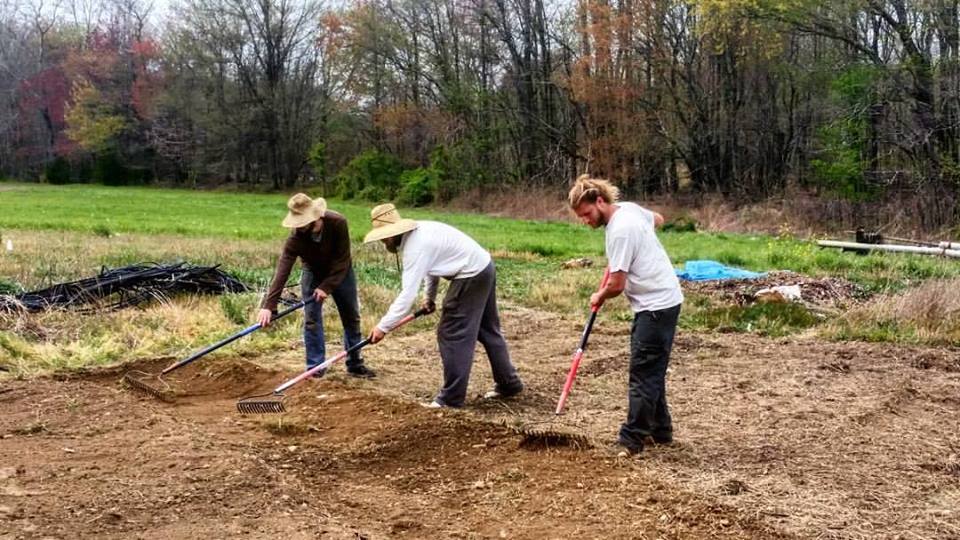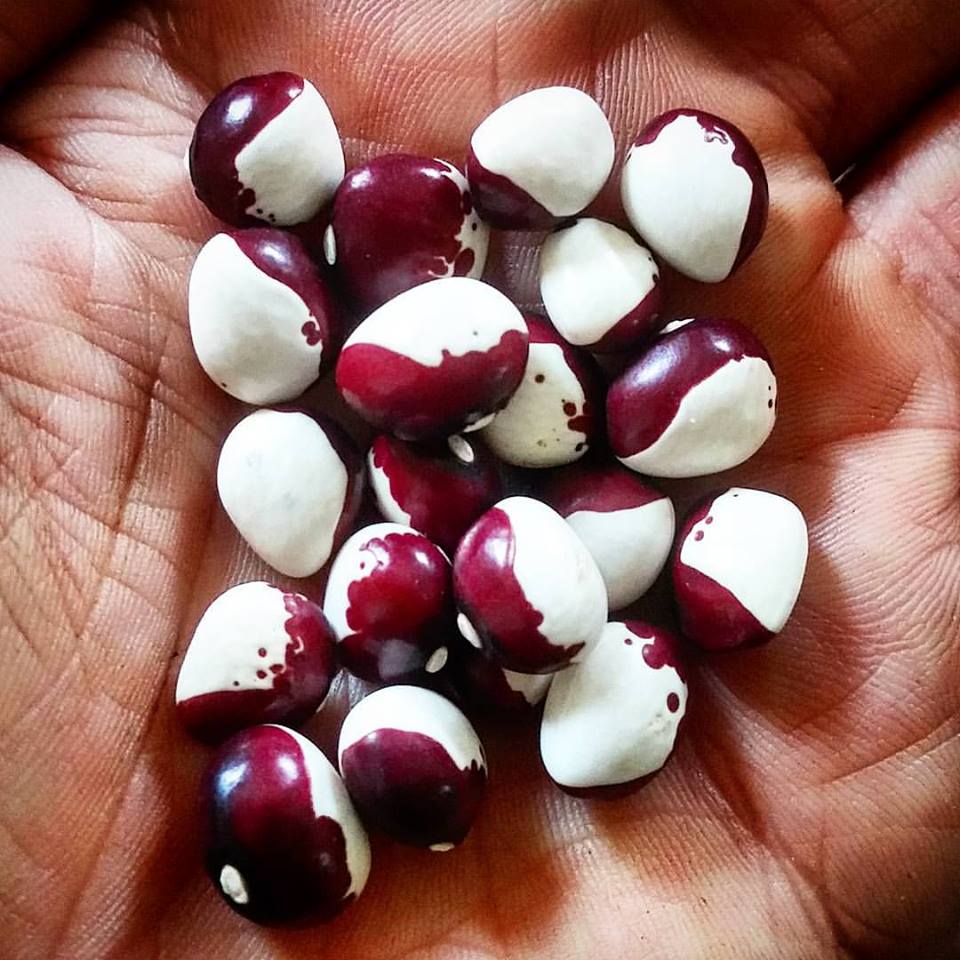The Experimental Farm Network (EFN) aims to fight global climate change and ensure food security far into the future by facilitating collaboration on plant breeding and other agricultural research.
Founded in 2013 by Nate Kleinman & Dusty Hinz, the EFN is presently composed of over 300 participants: farmers and gardeners, plant breeders and researchers, amateurs and professionals alike. The network is not-for-profit, based on open-source principles, and dedicated to social justice.
EFN exists because our agricultural system is broken. As a society, we no longer grow crops primarily for human consumption, but as commodities. We don’t farm in harmony with the environment, but in ways that harm it. We’ve stopped breeding plants for resilience, taste, and nutritional value: instead we genetically engineer and patent them to maximize corporate profits.
To take back our food system, we’ll need to marshall an army of volunteers to counter the power of the multinational corporations. We’ll need to develop more agricultural cooperatives and strong regional economies like those that thrived before industrialization. And we’ll need to develop carbon-sequestering perennial staple crops (including grains and oilseeds) and more sustainable growing systems & practices in harmony with the natural world.
We cannot continue to allow the shortsighted pursuit of profits to dictate the future of our planet. It’s time to take control of our destiny — and we can’t do it alone.
Please join us.
Founded in 2013 by Nate Kleinman & Dusty Hinz, the EFN is presently composed of over 300 participants: farmers and gardeners, plant breeders and researchers, amateurs and professionals alike. The network is not-for-profit, based on open-source principles, and dedicated to social justice.
EFN exists because our agricultural system is broken. As a society, we no longer grow crops primarily for human consumption, but as commodities. We don’t farm in harmony with the environment, but in ways that harm it. We’ve stopped breeding plants for resilience, taste, and nutritional value: instead we genetically engineer and patent them to maximize corporate profits.
To take back our food system, we’ll need to marshall an army of volunteers to counter the power of the multinational corporations. We’ll need to develop more agricultural cooperatives and strong regional economies like those that thrived before industrialization. And we’ll need to develop carbon-sequestering perennial staple crops (including grains and oilseeds) and more sustainable growing systems & practices in harmony with the natural world.
We cannot continue to allow the shortsighted pursuit of profits to dictate the future of our planet. It’s time to take control of our destiny — and we can’t do it alone.
Please join us.

